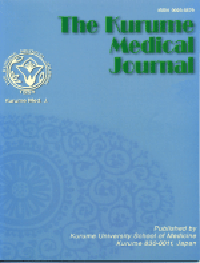Summary: If the risk of progression to asthma could be predicted in patients with rhinitis, prevention of asthma might become possible. The purpose of this study was to clarify the relationship between the duration of rhinitis symptoms and acute asthma attacks in children with a history of asthma who were not on treatment for asthma. In 94 children with a history of asthma who were asymptomatic after completing asthma treatment, we investigated the onset and duration of nasal discharge and cough related to allergic rhinitis.
Then the children were followed up for 2 weeks and were classified into either an asthma attack group (Group A) or non-asthma group(Group B). A total of 78 subjects were evaluated after 16 were excluded. The duration of nasal discharge was significantly shorter in Group A than in Group B (5.5±1.9 days vs. 10.4±3.1 days, P-0.0001). The interval between the onset of cough and nasal discharge was –1.0±3.1 days in Group A and –5.7±4.1 days in Group B (P-0.0001). The risk of progression to asthma attack may be higher when the onset of cough precedes nasal discharge or when nasal discharge has a short duration and cough shows an early onset. These results may provide assistance when selecting patients for early anti-allergy therapy from among those presenting with upper respiratory tract symptoms
No comments:
Post a Comment